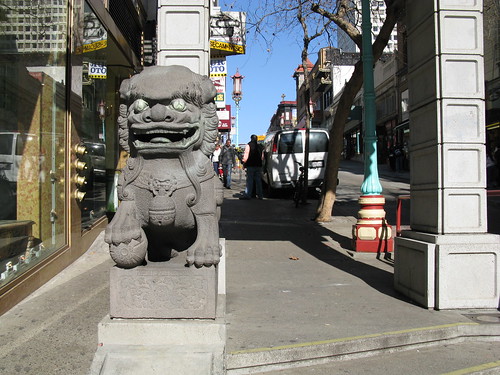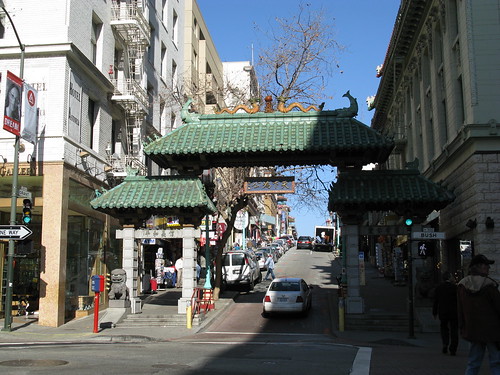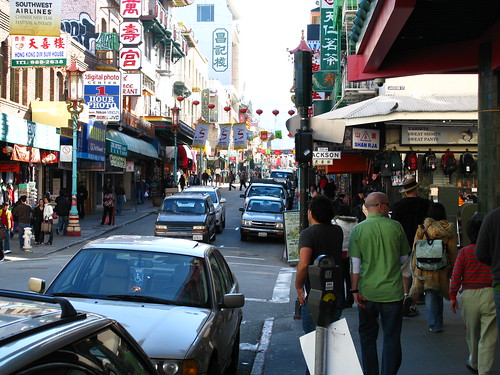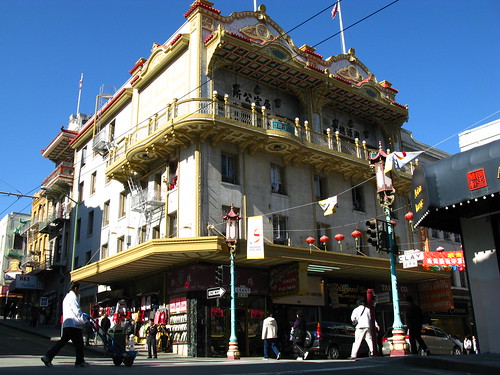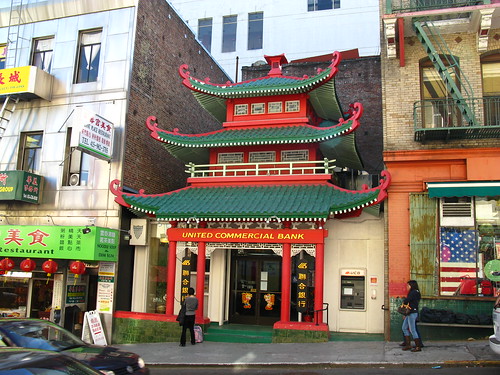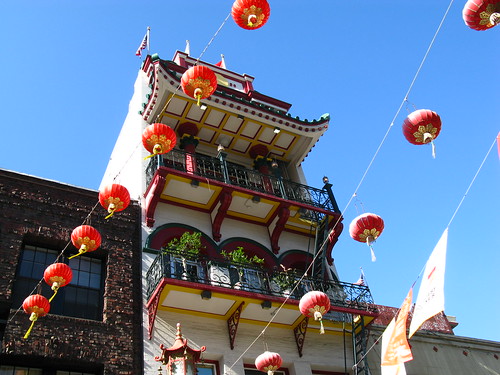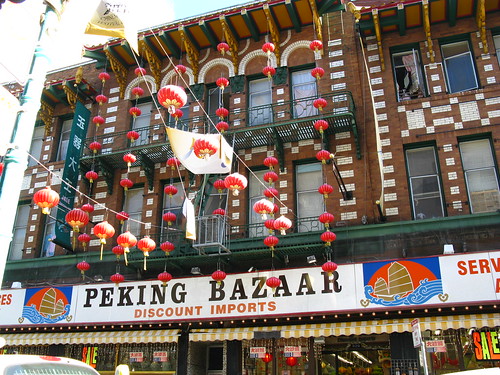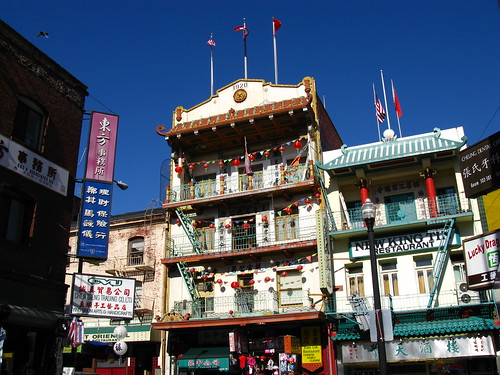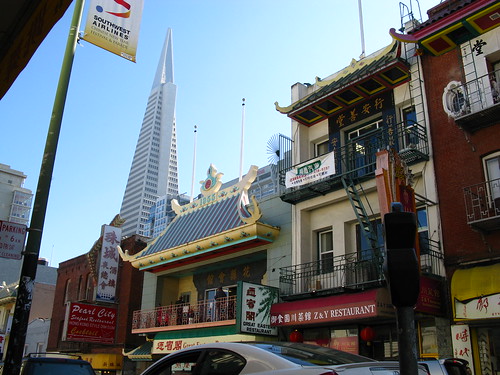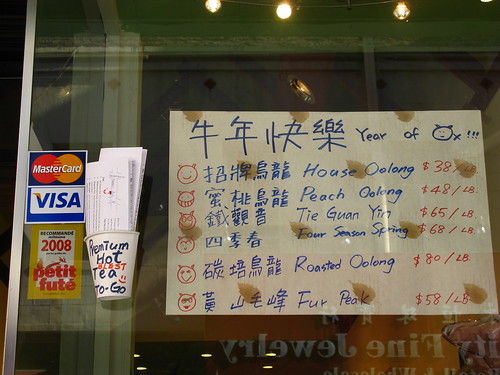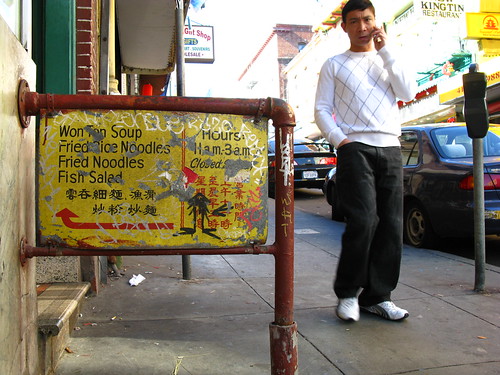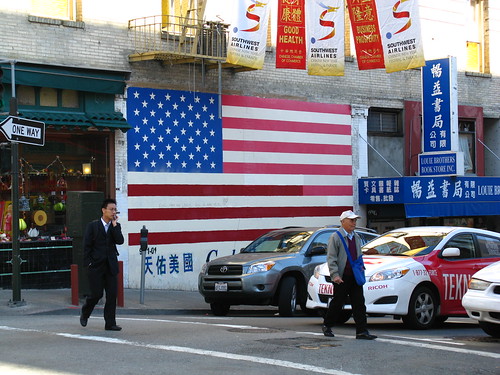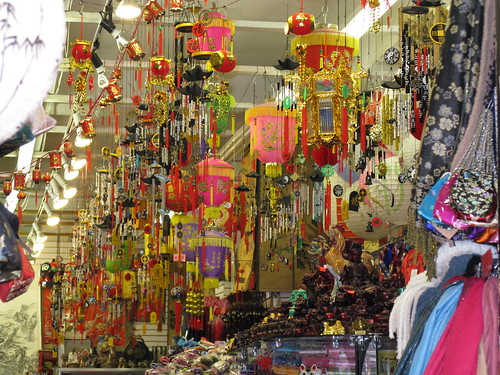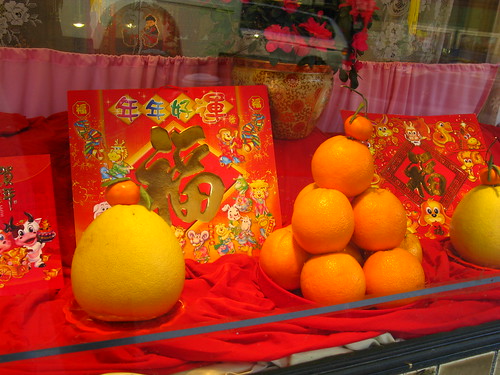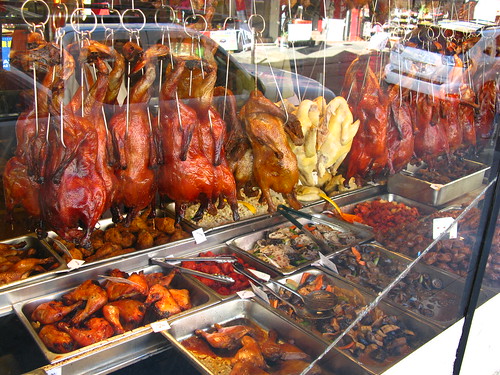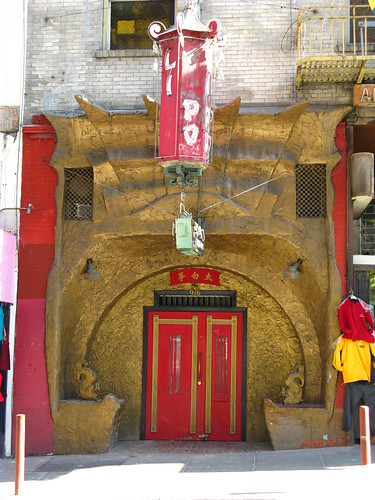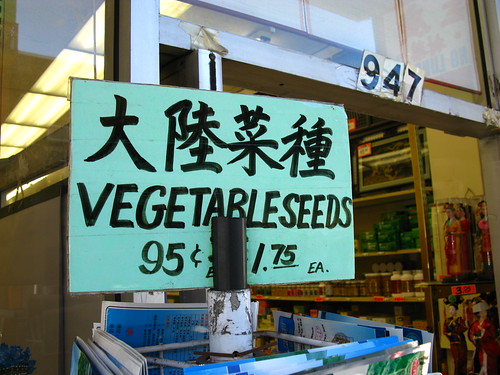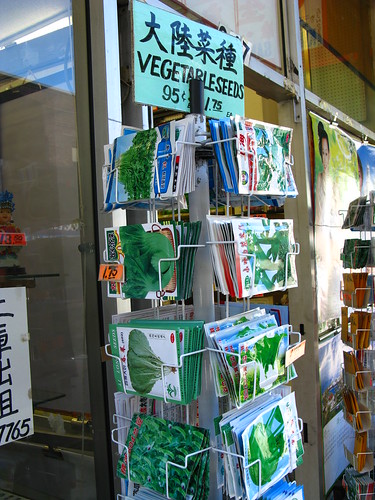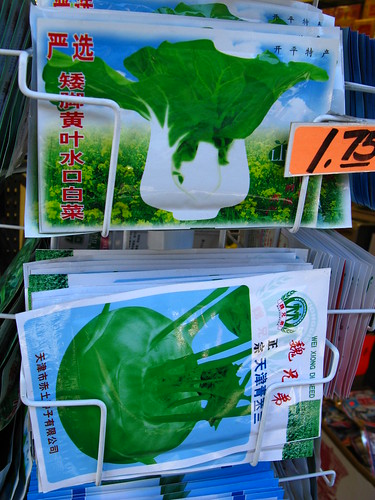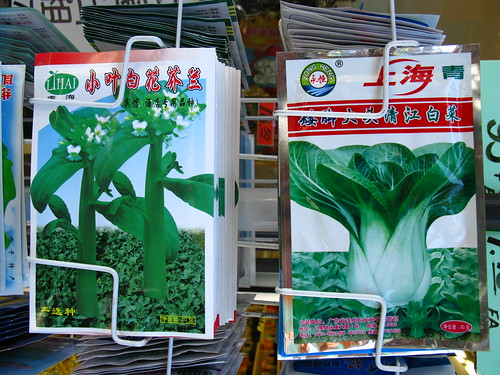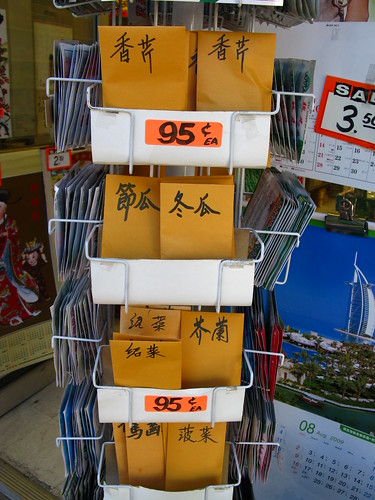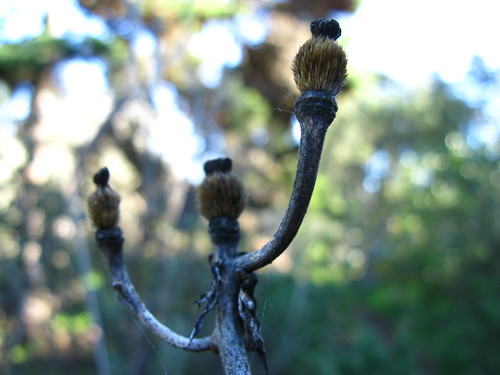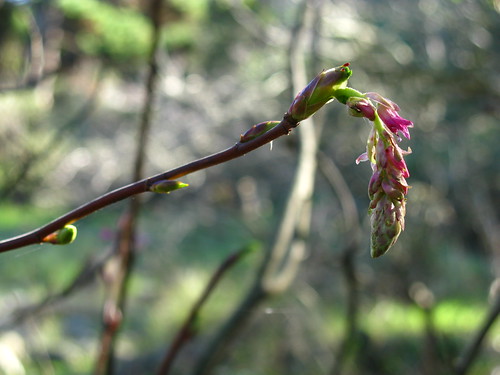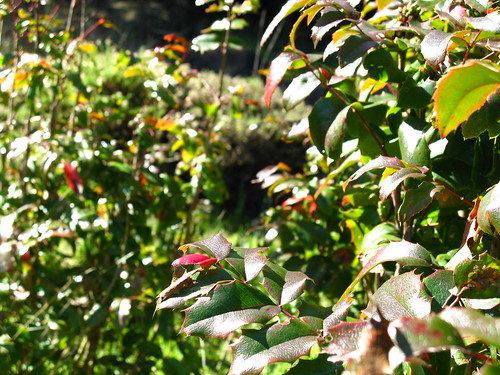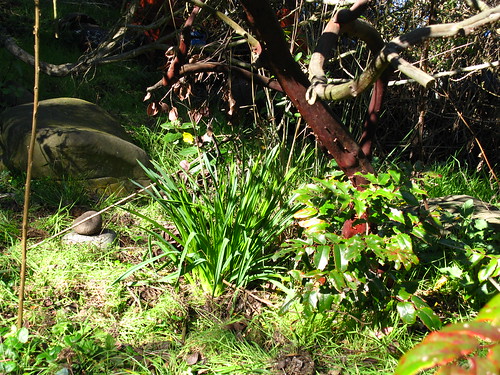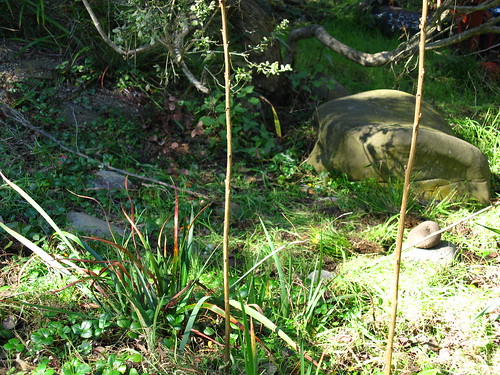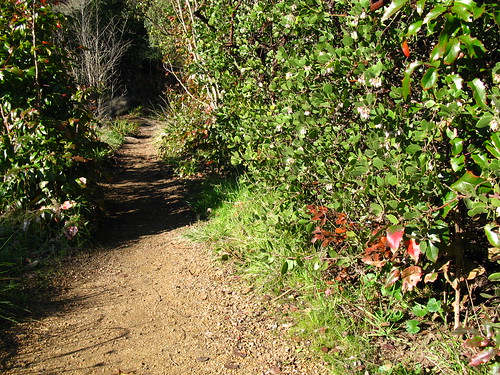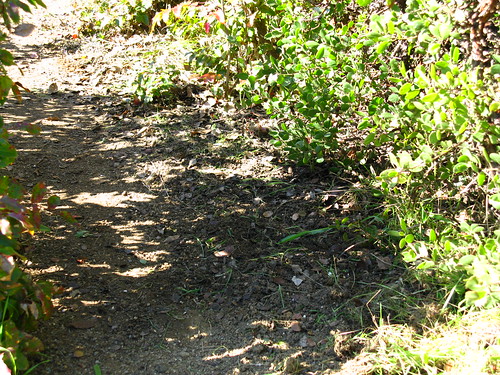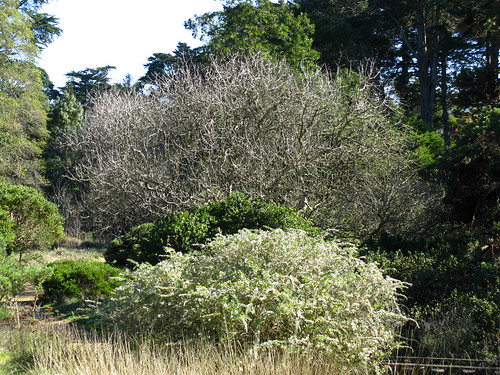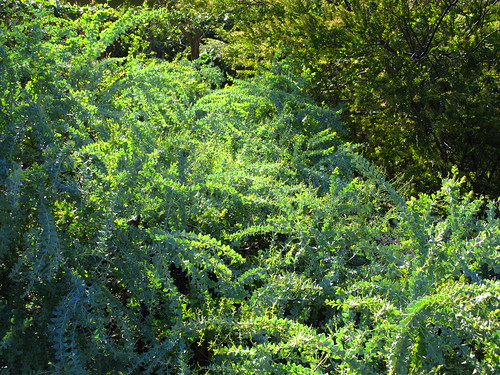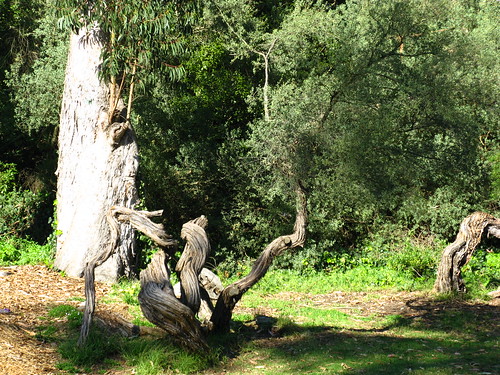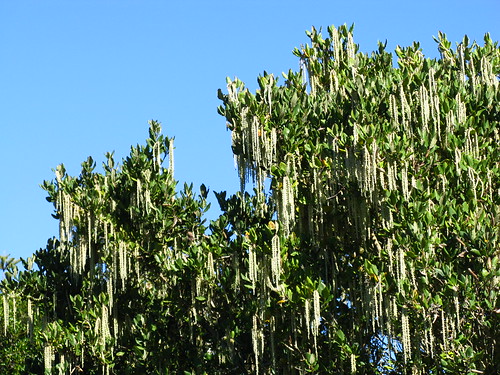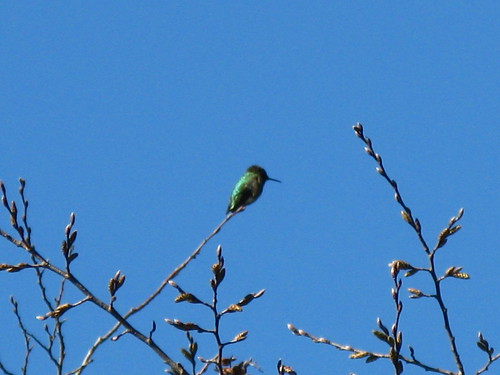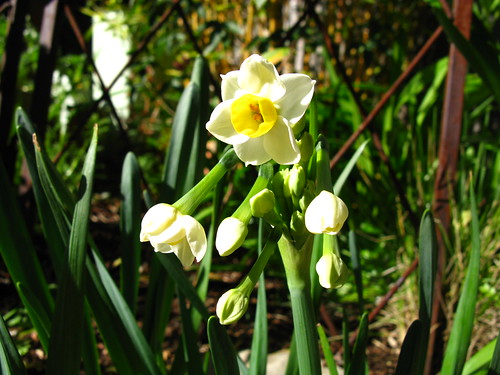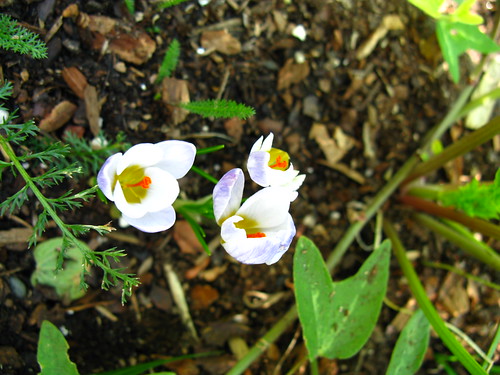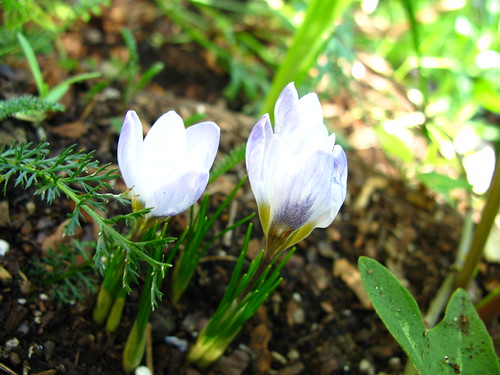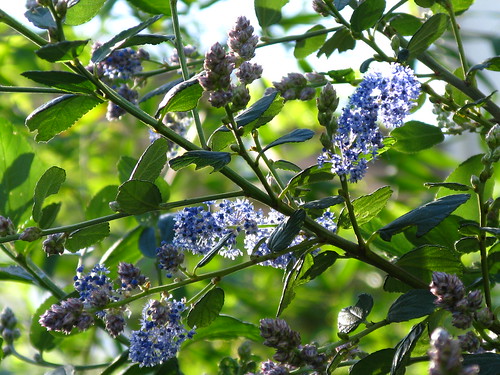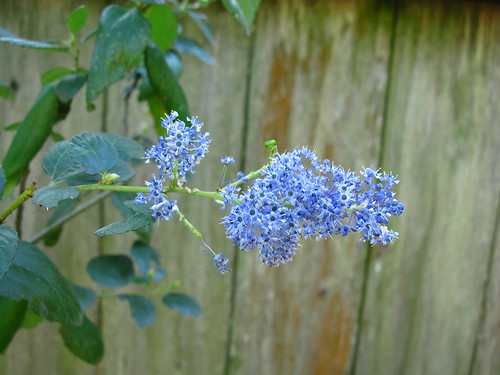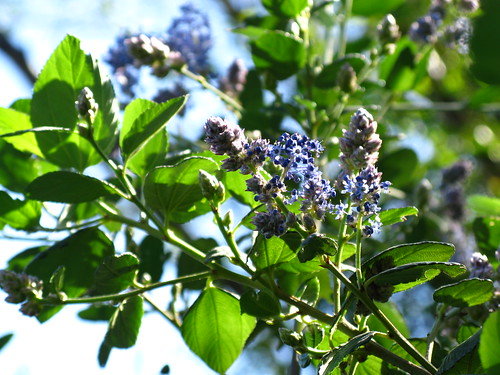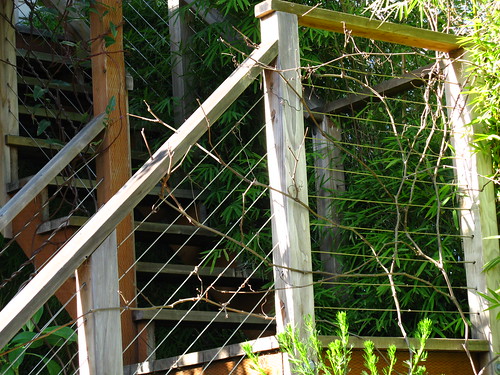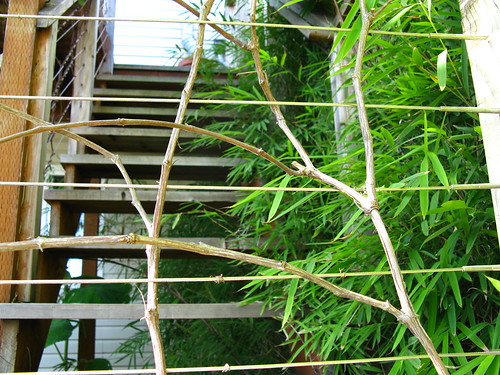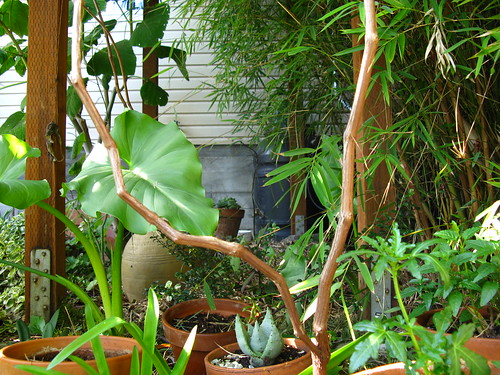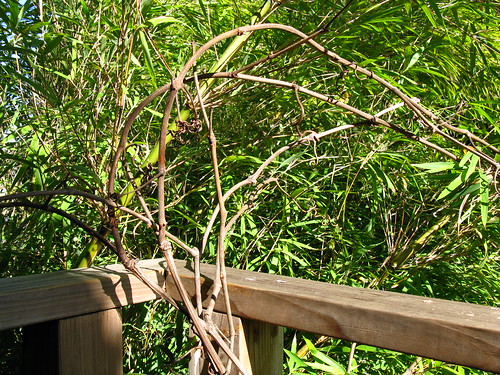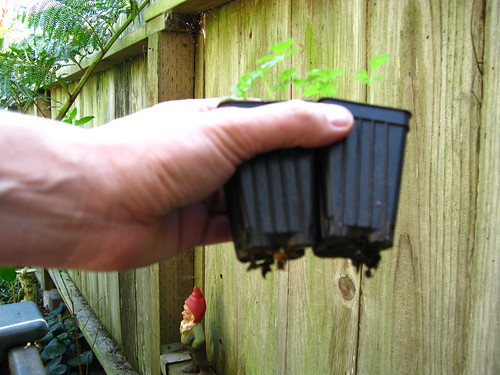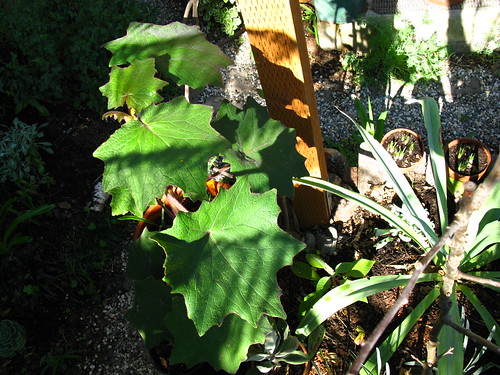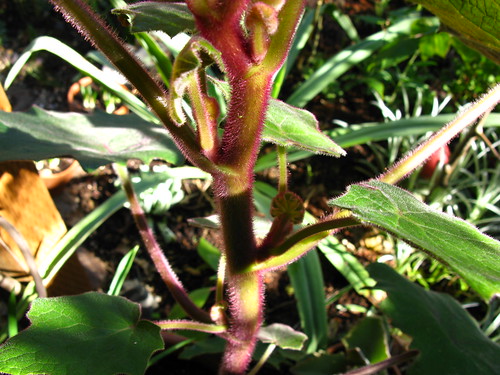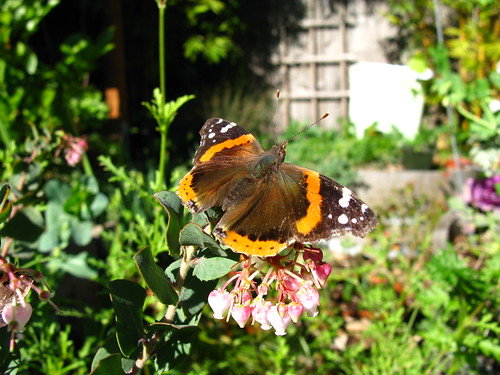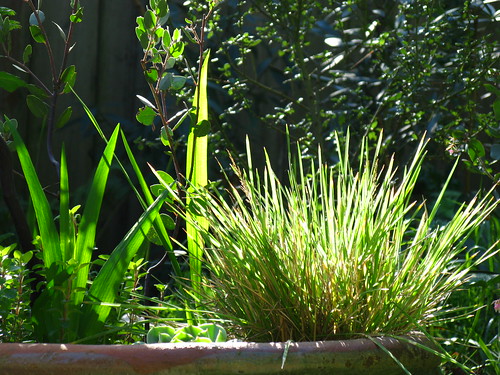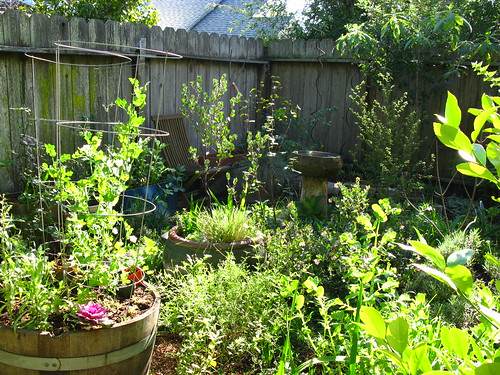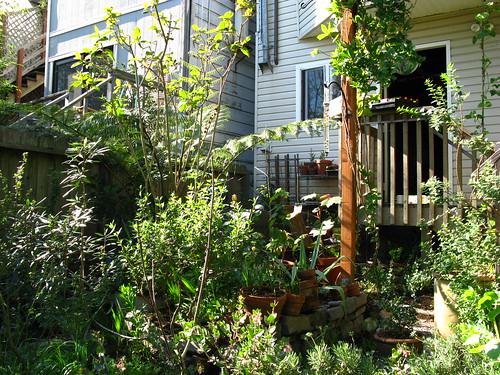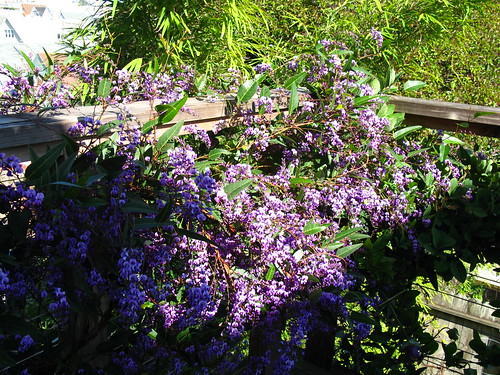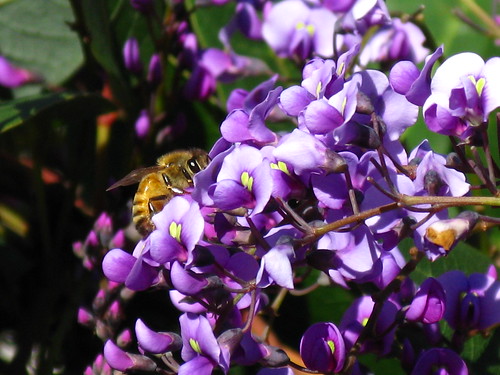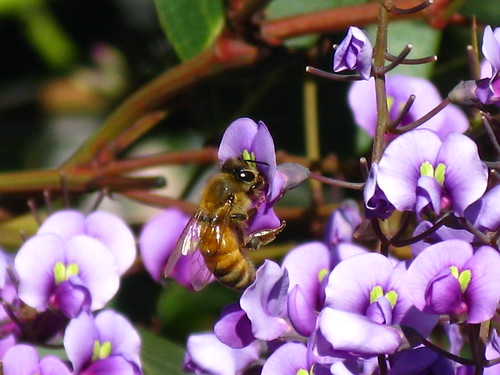What can I say without sounding like a jerk. As a scientist you learn to put up with, or accept, a certain amount of pseudoscience and scientific illiteracy from the general world. Sometimes letting things go is a compromise you make in order to get by and get along. I admit to making that compromise from time to time, but I don't think it's a virtue.
Sometimes you want to reach out and enlighten. That works best one on one. Much harder to do in front of a group of people you don't know, especially when the teachable subjects are many and various. Nobody likes a know-it-all. Moreover, when you're paying to take a class, you don't want to teach it too, right? That's only reasonable.
In all honesty, I do not regard herbal "medicine" as medicine. Simply having, or allegedly having, medicinal properties does not make something a medicine. Medicine is contingent on the current state of knowledge. A miracle drug in one age is a dangerous, antiquated therapy in another. We never have perfect knowledge, we never will.
I will gladly take any benefit from the quinine in my gin and tonic. If my blueberries have cancer-fighting antioxidants, so much the better. I can hardly function in the morning without a cup of coffee. But am I going to call those things medicine? Not with any seriousness. You can if you want to, but why would you? I guess you would if it's part of your tradition, or worldview. So it is that "herbal medicine" is about more than just botanical extracts and plant preparations.
Above all else, the instructor wanted us to think of herbal medicine-making as a way to learn more about plants. Well, what gardener doesn't want to learn more about plants. If she had stopped there I would be fine. But she and the class made and exchanged several scientific-sounding claims that seemed to have little if any basis in fact. If you're going to talk about qi and chakras, why mess it up with pH and cancer?
I think herbal medicine is not for me. I thought about responding to a few points that I found particularly irksome, but I'm just going to do the blog post now.
We prepared two herbal remedies--a vinegar for colds and a honey for sore throats. This is the set-up for the vinegar.
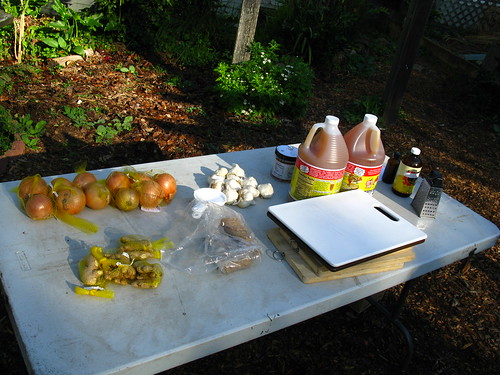
To make it, add chopped garlic and onion and pepper flakes to raw apple vinegar. Cover and let steep several weeks in a cool, dark place. The instructor brought in some already-made material to try. It was hot and tingly. I thought it would be great on a cold cabbage salad.
For the honey:
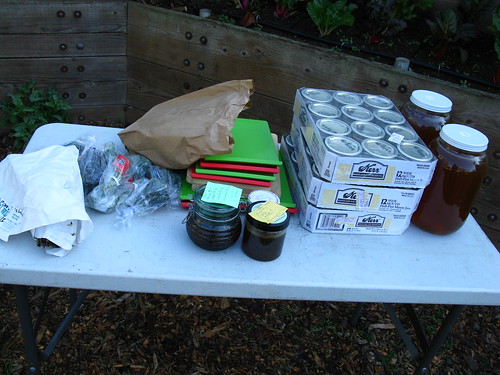
Add equal amounts of thyme, sage, and mint to honey, steep for several weeks, then filter (heat it in double boiler until it runs, and pour it through a strainer). Also quite tasty, but cool and smooth as opposed to the hot, pungent vinegar.
If this subject excites you, here are some books you might be interested in:
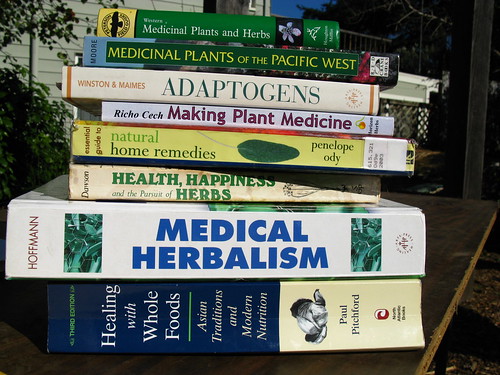
I'm just going to leave it at that.
